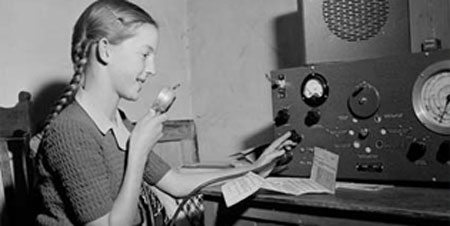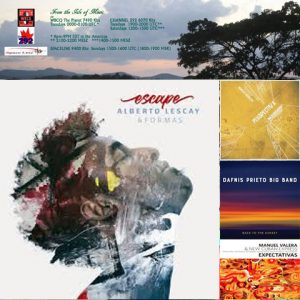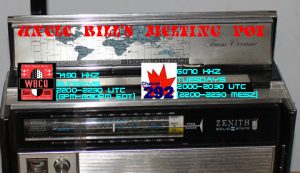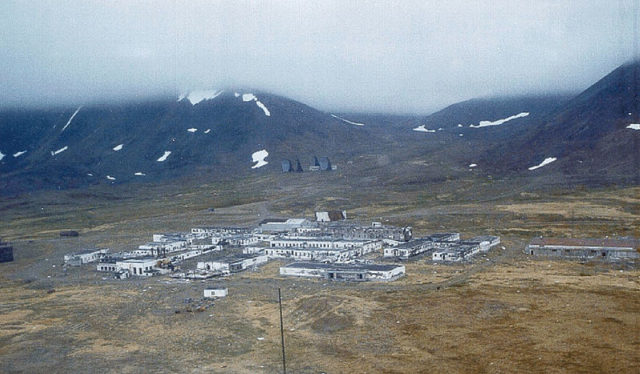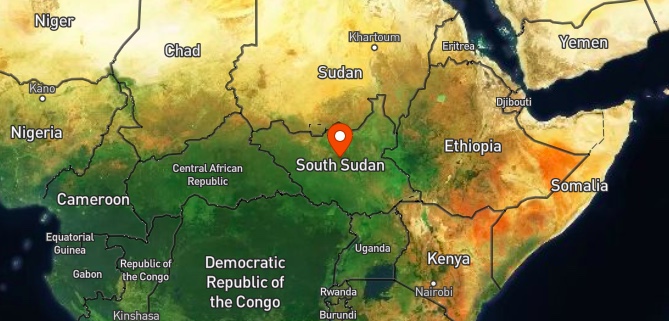Many thanks to SWLing Post contributor, Kim Elliott, who shares this brilliant article from The Paris Review:
On The Radio, It’s Always Midnight
By Seb Emina
“Ultimately, we don’t belong in the world governed by time,” says Michael Cremo, a guest on KNWZ, a radio station in Palm Springs, California. “As beings of pure consciousness, we are essentially timeless.” It is around two thirty A.M. in Palm Springs and around eleven thirty A.M. in Paris, where I am tidying my apartment. Cremo is talking about the end-time, which he thinks could well be imminent, but his point is relevant to the experience of listening to local radio from somewhere I am not. I love listening to radio, but sometimes I don’t want to listen to a particular station, genre, or category. Sometimes I want to listen to a time of day. Which is, of course, entirely possible thanks to the rise of online streaming at the expense of older analogue broadcast methods. If I am feeling afternoony in the morning, I can leave the world that is “governed by time” and join whichever community of radio listeners—in Mumbai, Perth, or Hong Kong—is currently experiencing three P.M. The optimism of a morning show somewhere to my west offers a fresh beginning to a day that’s become lousy by midafternoon, whereas the broadcasts of early evening, burbling across the towns and cities to my east, can turn my morning shower into a kind of short-haul time machine past those hours in which I’m expected to be productive. But for the loosest and strangest of broadcast atmospheres, I am drawn most often to the dead of night, to the so-called graveyard shift. That low-budget menagerie of voices and music is concocted to serve an unlikely fellowship of insomniacs, police officers, teenagers, and bakers—and cheats like me, tuning in from afar to behold radio’s closest equivalent to the Arctic Circle.
“When you listen to radio, you are a witness of the everlasting war between idea and appearance, between time and eternity, between the human and the divine,” Herman Hesse writes.[…]
It’s rare that I read something in the press that so directly speaks to my own personal relationship with radio.
While, of course, I still prefer listening to shortwave radio, international broadcasts are designed with a global audience in mind; in a sense, they’re timeless and gloss over our global time zones.
Internet radio streaming brings in the local and actually provides more community context. And, of course, while a country might only have one international broadcaster, it could literally have hundreds of local stations–some catering to very small communities.
I’m certainly guilty of time zone surfing with WiFi/Internet radio, I just didn’t realize others did it too! Even in the mornings (since the demise of my shortwave staple Radio Australia), I typically listen to CBC St. John’s, Newfoundland. They’ve got an excellent morning show and they’re 1.5 hours ahead of my time. When I wake at 5:00 AM, I listen to the world report and the CBC local staff are pulling out some of their best morning programs.
Then anytime between 3:00 or 6:00 PM, I’ll tune through one of a number of New Zealand or Australian stations. Because it’s morning there, the presenters seem to have a spring in their step.
If you read the full article in The Paris Review, you’ll also note that the author Seb Emina and the artist Daniel John Jones created “a perpetual morning-radio aggregator” called Global Breakfast Radio.
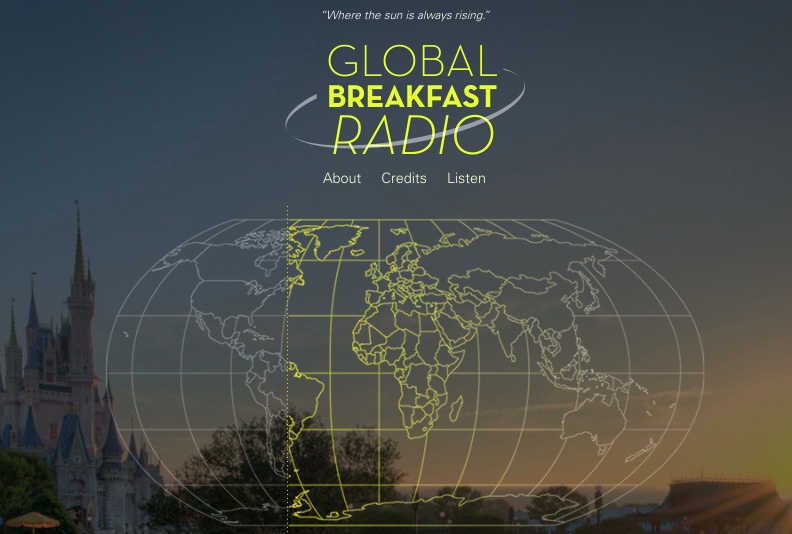 You can stream Global Breakfast Radio at globalbreakfastradio.com. I highly recommend it!
You can stream Global Breakfast Radio at globalbreakfastradio.com. I highly recommend it!
Post readers: Any other time zone surfers out there? Please comment!
Not familiar with Internet Radio? Check out the first part of our Internet Radio primer by clicking here.


